BOLA Ahmed Tinubu, the controversial presidential candidate of All Progressives Congress, APC, once said he did not believe in one Nigeria. Over two decades ago, Tinubu granted ThisDay an interview, which the newspaper published on April 13, 1997, with the headline: “I Don’t Believe in One Nigeria – Tinubu”. Last year, a screenshot of the interview went viral on social media. Tinubu was then on self-exile in London following the annulment of the June 12, 1993 presidential election and the emergence of General Sani Abacha’s brutal regime.
However, two years after the interview, with Abacha’s demise and Nigeria’s return to civil rule, Tinubu became Governor of Lagos State. He spent the ensuing years, both in and out of government, ruthlessly amassing stupendous wealth and building up a staggering war chest towards what he later described as his “lifelong ambition” to become Nigeria’s president. Something didn’t add up. How would someone who said he didn’t believe in the unity and oneness of Nigeria then make becoming the country’s president the sole aim of his life? How could such a person spend nearly 25 years scheming, manoeuvring, accumulating astonishing yet unexplained wealth and building extensive political structures and networks with the single-minded goal of becoming Nigeria’s president?Elsewhere, such behaviours have consequences. For instance, in Britain, Jeremy Corbyn, then Leader of the Labour Party, did not become prime minister, partly because the British people questioned his patriotism, based on his past utterances and actions, such as refusing to swear an oath of allegiance to the Queen!
Well, let’s cut Tinubu some slack. Let’s say that he made the “I Don’t Believe in One Nigeria” comment out of frustration. After all, as we know, Tinubu tends to hit the roof and make outlandish comments when he’s angry, a trait to watch out for if he became president as he’s utterly prone to provocative and divisive outbursts. Consider his recent comment that Peter Obi’s Labour Party supporters “will labour till death”. What about his condescending olule diatribe against President Buhari?
But if we excused Tinubu’s “I Don’t Believe in One Nigeria” comment, made 26 years ago, the question is: Does he now believe in one Nigeria, in Nigeria’s unity, stability and progress? Sadly, the answer is: Questionable. Why? Well, because some of Tinubu’s actions in recent years are harmful to Nigeria’s unity, stability and progress. Three stand out! First, Tinubu self-servingly foisted a hopelessly clueless General Muhammadu Buhari on Nigeria in 2015 to further his own presidential ambition.
Second, he wrapped his ambition in an ethnic cocoon as Yoruba presidency, a barefaced disregard for the principles of equity, fairness and justice that give the South-East more legitimate and moral claims to the presidency in 2023. Well, third, Tinubu daringly picked a Muslim running mate, a brazen attempt to foist a divisive Muslim-Muslim presidency on Nigeria.
Each of the above actions is calculatedly aimed at fulfilling Tinubu’s “lifelong ambition” of becoming Nigeria’s president, but each of them is injurious to Nigeria’s unity, stability and progress. Thus, put starkly, Tinubu is ready to risk Nigeria’s interests to advance his own. Take the foisting of Buhari on Nigeria. Recently, Datti Baba-Ahmed, the Labour Party’s vice-presidential candidate, said: “Tinubu didn’t have to bring a Buhari as president because he wants to be president,”adding: “Why bring in Buhari?” Indeed, Tinubu himself boasted that Buhari wouldn’t have been president without him. “I made Buhari president,” he said.
But why? Did he do it for patriotic reasons? No, he did it for selfish reasons. Tinubu calculated that if he helped Buhari become president in 2015, Buhari and the North would help him become president in 2023, hence his strongest claim to APC’s presidential ticket was that it’s payback time: “It’s my turn,” he said, utterly self-entitled.
Of course, in 2015, Tinubu sounded differently. He said APC was on “a mission to rescue Nigeria”, and likened Buhari to General Dwight Eisenhower and General Charles De Gaulle, who became civilian presidents and transformed their countries. But Buhari is a lilliputian when compared with Eisenhower or De Gaulle. He lacks the vision, competence and presiding intellect to transform Nigeria.
Recently, Buhari himself said: “I am eager to go. I can tell you it has been tough.” Yet, Tinubu wants Nigerians to reward him for “making” Buhari president. He’s promising “renewed hope”. But what happened to APC’s 2015 “mission to rescue Nigeria”?
Truth is, Tinubu was willing to inflict a rudderless Buhari presidency on Nigeria provided it paved the way for his own! It wasn’t about Nigeria; it was about his “lifelong ambition”.
Which brings us to Tinubu’s selfish and opportunistic resort to ethnic chauvinism to further his ambition, threatening Nigeria’s unity. In his Abeokuta outburst, Tinubu said: “Yoruba lokan”, meaning, it’s Yoruba’s turn. But how can it be Yoruba’s turn when, since 1999, the South-West has produced president for eight years and vice president for eight years, while the South-East has produced none?
As I argued last week, a Tinubu presidency would be very bad for the South-East. It would deny the region a credible route to the presidency until 2039, leaving the Igbo in political wilderness for 40 years since 1999. How is that good for Nigeria’s unity and stability? Well, for Tinubu, that doesn’t matter, provided he achieves his “lifelong ambition”.Finally, what about the Muslim-Muslim ticket? Well, it’s an obnoxious example of how Tinubu is ready to risk Nigeria’s interests to advance his own. He says he’s intelligent, but how could he not know that an exclusionist same-faith presidential ticket would utterly divide Nigeria? How would condemning Christians and Christianity to second-class status promote religious harmony? But that’s not Tinubu’s priority. He’s desperate to become president and believes only a Muslim-Muslim ticket can win him Muslim votes in the North; thus, electoral calculations trump religious harmony.
Tinubu always puts his “lifelong ambition” above Nigeria’s unity. He once said he did not believe in one Nigeria. I really wonder whether he even does now!
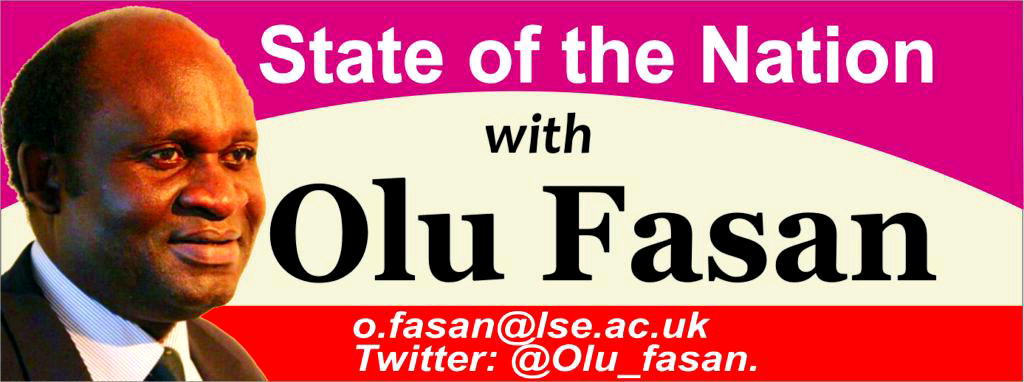

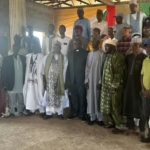
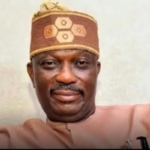

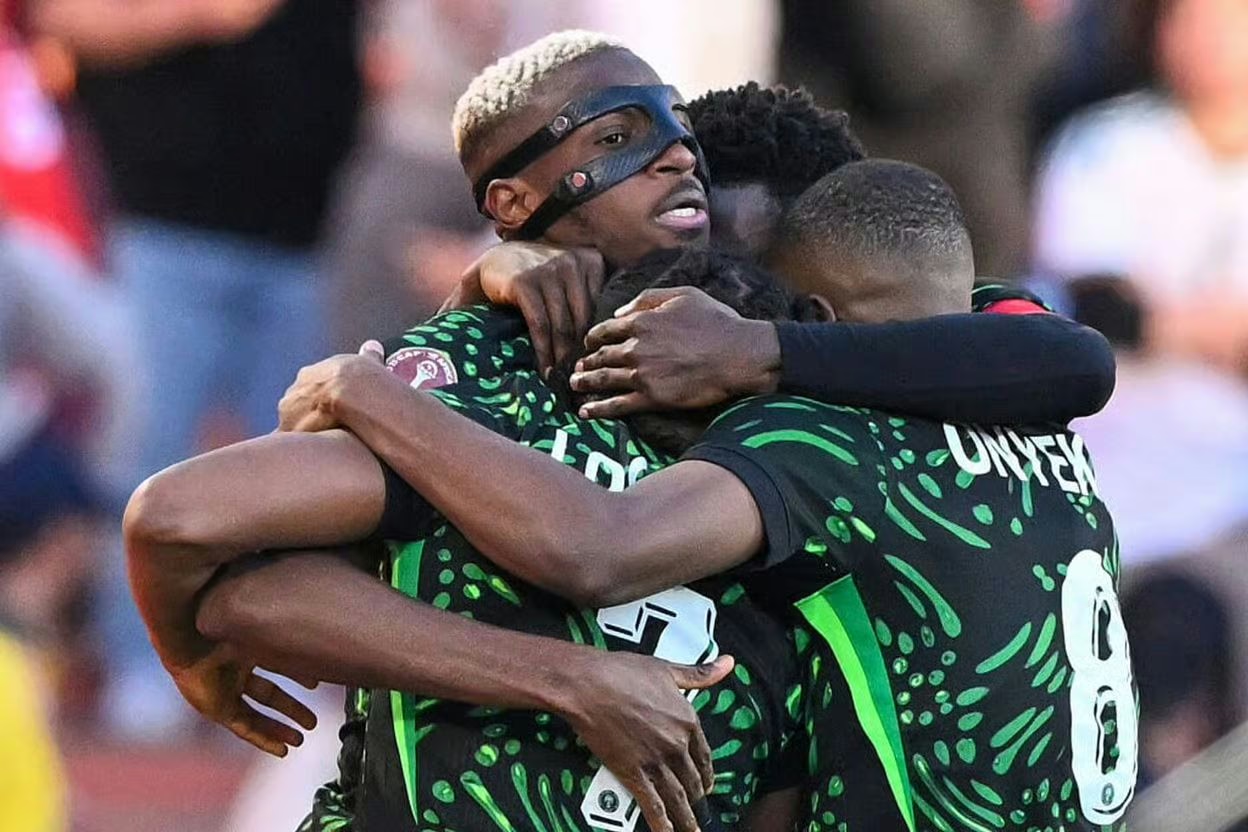

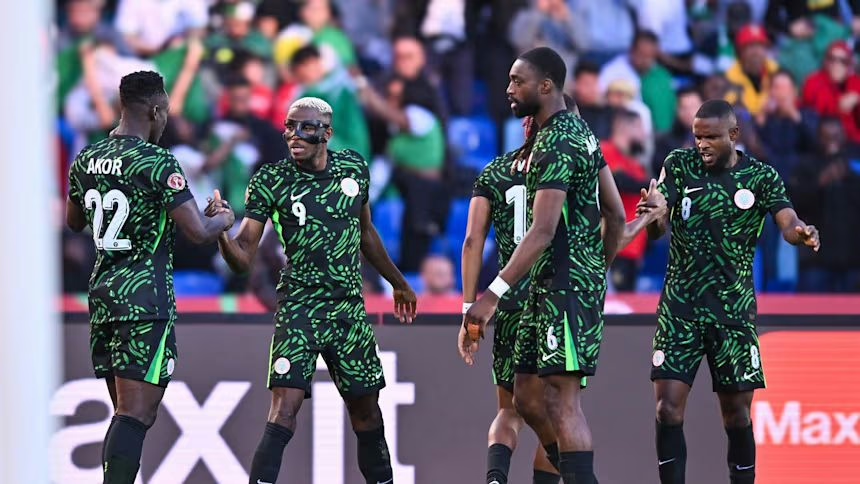
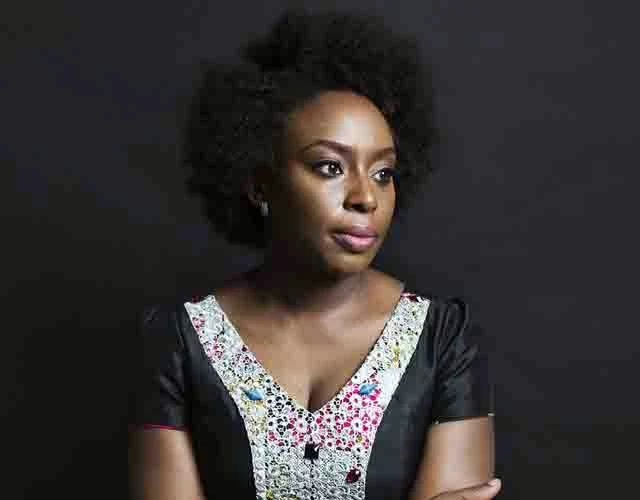

Leave a Reply